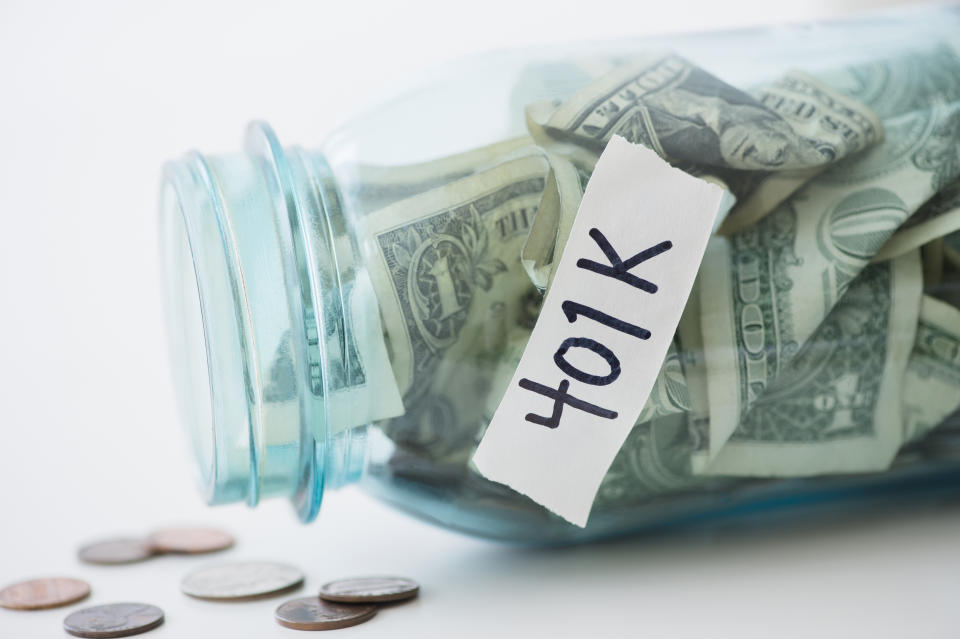The Best Time To Buy A Car Probably Isn't When You Think

Buying a car is often a stressful process. It takes a ton of research to find the right vehicle among thousands of options. And once you step on the dealership lot, salespeople are ready to wheel and deal you into a major purchase as soon as possible. But one thing that can turn the car-buying process into a joyful experience is knowing you got a great deal.
One of the ways to do that is by shopping at the right time. “Timing can be the difference between saving hundreds or thousands of dollars when buying a car,” said Kelsey Mays, senior editor of Cars.com. And as the summer months near, you might be wondering if those three-day holiday weekends are really the best time to buy.
The best times of year to buy a car
There are no guarantees when it comes to obtaining discounts. “No rule exists that dealers must increase discounts during a particular time of the week, month or year,” Mays said. “That said, certain points have signaled a higher likelihood of savings on a vehicle purchase.”
Below are the best times to buy a car, according to Mays.
1. December
Mays noted that December has proven reliable for discount seekers in recent history. This time of year, automakers and dealers look to meet year-end sales goals and clear out inventory from the outgoing model year. In fact, December has ranked as the best month for incentives during four of the six years from 2013 to 2018, according to data provided to Cars.com by vehicle sales and leasing data company Motor Intelligence.
“Luxury brands, which seldom advertise big incentives, traditionally juice up lease and finance deals this month, often marketing them as opportunities to surprise loved ones with a holiday gift,” Mays said.
2. September
Though December provides a last-minute opportunity for car sellers to unload older inventory, the process starts a few months earlier. “Model year changeovers — where next year’s cars hit dealers this year — can happen any time, but the bulk have traditionally come in late summer and early fall,” Mays said. That’s when dealers want to transition their showrooms to highlight the newest models.
September falls within the height of this season. When it comes to getting a good deal on a car, it’s ranked among the best three months of the year for five consecutive years (2014-2018), according to Motor Intelligence.
3. The week after Christmas
You’ve probably noticed that as any major holiday weekend approaches, car sellers ramp up their advertising and put out lucrative savings offers. But is it all just hype? Though you should always crunch the numbers to ensure you’re really getting a deal, it’s true that these holiday weekends are a great time to score a discount.
“When those weekends coincide with the end of the month, a time when dealers are also trying to hit sales quotas, discounts can soar even higher,” Mays said. “And when those holiday weeks come as dealers look to hit sales numbers and clear out year-end inventory, the stars can align for serious deals.” Tyson Jominy, head of data consultancy for J.D. Power, informed Cars.com that the week between Christmas and New Year’s saw the highest new-car incentives of the whole year during four of the previous five years, according to Mays.
4. Memorial Day, Labor Day and Thanksgiving
Christmastime isn’t the only big car sales week. Jominy also noted three other marquee holiday weekends for new-car discounts: Memorial Day, Labor Day and Black Friday. “You need not necessarily wait for the weekend itself, as automakers and dealers increasingly roll out promotions in the days leading up,” said Mays.
Best times to buy by car type
If you have your eyes on a specific model, you might be able to find the best deals during a specific month. TrueCar, which analyzed more than 12 million transactions between 2011 and 2015, discovered that these months are best for purchasing the following types of vehicles:
Midsize SUV: May
Large trucks: October
Midsize and compact cars: November
Small and premium SUVs: December
Other good times to buy a car
If you happen to be car shopping outside these major discount months, you aren’t necessarily out of luck when it comes to getting a good deal. Here are a few other times it’s ideal to go car shopping.
Aim for early in the week, near the end of the month
Dealerships tend to be busier on weekends when more people are off work. That’s why it’s ideal to visit the dealership earlier in the week, when you’ll be able to garner more time and attention from the sales team and better negotiate price, said Dana Marineau, vice president and financial advocate at Credit Karma. Though the difference is minimal, TrueCar found that the day that yields maximum savings is Monday ― 0.61% more than Sunday, on average. That’s followed by Thursday, and then Wednesday.
It’s also a good idea to visit near the end of the month, when salespeople are more compelled to hit their quotas. “They may be more willing to give you a deal during crunch time,” Marineau said. “Unfortunately, there’s no easy way to tell whether the sales floor has met its quotas. But you may get an idea if you notice a willingness to negotiate on the price.”
Look for the beginning or end of a model year
As Mays mentioned, the end of a model year signals that it’s time to move out old inventory in favor of the latest model. However, this doesn’t always coincide with the calendar year. So if you’re set on a particular vehicle, it helps to know when the latest model will be phased out and buy when it’s not the hottest thing on the market. “If you don’t care about getting the latest model, you may be able to score big discounts on models that dealers want to clear from their lots to make room for incoming vehicles,” Marineau said.
The end of the model year isn’t the only time to score a deal, however. “When car manufacturers introduce new models, dealerships can offer incentives and rebates to get people in the door,” Marineau said. So if you have a specific model in mind, find out when the next version will be released and see if any special deals are being offered.
Finally, be on the lookout for vehicle models that are being phased out entirely. This could mean the car might depreciate more quickly, but it could also be an opportunity to get a deal. “Before you jump on a discontinued model, though, make sure you understand why the manufacturer has pulled the plug on it,” Marineau said. “If it’s simply a matter of changing things up, you probably don’t have any cause for concern. But if it’s because the model has reliability or performance issues, it may not be worth the discount.”
Timing isn’t the only important factor
Keep in mind that regardless of what time of year it is, you need to be in the best bargaining position possible to get your hands on a low car price. That means having an adequate down payment and a solid credit score (unless you plan to pay cash). Without these, you’ll likely end up paying more than the car is worth thanks to high interest charges.
“If you’re fortunate enough to not have an immediate need for a new vehicle, these are some of the best times of the year to buy a car once you’ve saved enough money and completed your research,” Mays said. “With a combination of patience and timing, you can ease some of the burden on your bank account as you drive off the lot in your dream car.”
Related...
Are Car Subscription Services Like Fair and Flexdrive Worth It?
Psychologists Explain Why It Feels So Good To Sing In Your Car
How To Get Cheaper Car Insurance For Your Teenage Driver
Also on HuffPost
Roll Over Your Old 401(k)

Switch Banks

Negotiate With Your Internet Provider

Complete A Health Assessment

Sign Up For Auto-Pay

Rethink Your Health Insurance

Skim Your Bank Statements

Listen To A Personal Finance Podcast

Switch To A Prepaid Cellphone Plan

Set It And Forget It

Love HuffPost? Become a founding member of HuffPost Plus today.
This article originally appeared on HuffPost.

